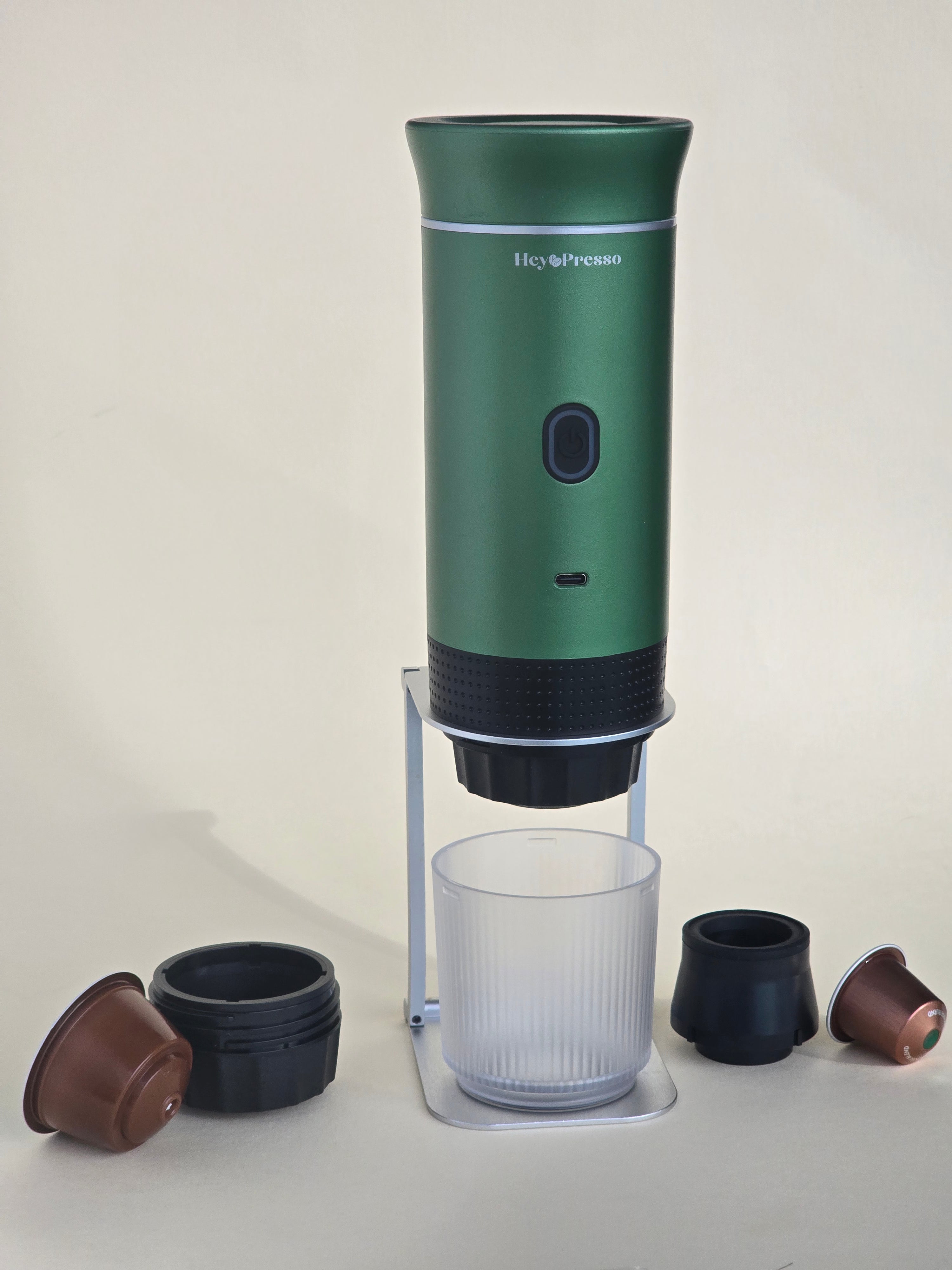Why Does Coffee Affect Digestion?
Many coffee lovers enjoy their daily cup not just for the caffeine boost but also for its digestive effects. Some find it helps stimulate digestion, while others may experience discomfort. But what exactly does coffee do to your gut, and why does it have such a varied impact on people?
The Science Behind Coffee and Digestion
Coffee is a complex beverage containing over a thousand chemical compounds, including caffeine, acids, and polyphenols. These elements interact with your digestive system in different ways, affecting metabolism, gut bacteria, and even bowel movements.
1. Coffee and Stomach Acid
Coffee is known to stimulate the production of stomach acid. While this helps with digestion, it can sometimes lead to acid reflux or heartburn, particularly for those with a sensitive stomach. The key contributors to this are:
-
Chlorogenic acids – Found in coffee beans, they may increase stomach acid production.
-
Caffeine – Stimulates gastric acid secretion, which aids digestion but can cause irritation.
If you experience discomfort, opting for a low-acid coffee blend or adding a splash of milk can help neutralise acidity.
2. Coffee and Bowel Movements
For many, coffee acts as a natural laxative. This is due to its ability to stimulate the production of gastrin, a hormone that promotes movement in the intestines. In addition, caffeine activates contractions in the colon, leading to more frequent bowel movements.
However, those with conditions like irritable bowel syndrome (IBS) may find that coffee exacerbates symptoms like cramping or diarrhoea. If you experience these effects, switching to decaffeinated coffee may help.
3. Coffee’s Impact on Gut Bacteria
Your gut microbiome plays a crucial role in digestion, and coffee has been shown to positively influence gut bacteria diversity. The polyphenols in coffee act as prebiotics, feeding beneficial gut bacteria that support overall digestive health.
Regular coffee consumption may help promote a balanced gut microbiome, which contributes to improved digestion and reduced inflammation.
Tips for Enjoying Coffee Without Digestive Discomfort
If you love coffee but sometimes struggle with its digestive effects, here are a few ways to minimise discomfort while still enjoying your daily brew:
| Issue | Solution |
|---|---|
| Acid Reflux | Choose low-acid coffee or cold brew, which has a smoother and less acidic profile. |
| Stomach Irritation | Avoid drinking coffee on an empty stomach; pair it with food to reduce acidity. |
| Sensitive Gut | Try decaf or limit intake to one cup per day to see if symptoms improve. |
| IBS Symptoms | Opt for filtered coffee instead of espresso, as it contains fewer gut-stimulating compounds. |
The Bottom Line
Coffee can have both positive and negative effects on digestion, depending on the individual. While it can boost metabolism and improve gut microbiome health, it may also lead to stomach irritation or increased bowel movements for some.
If you experience discomfort, making small adjustments—such as choosing a different roast, switching to decaf, or pairing coffee with food—can help you continue enjoying your favourite cup without digestive distress.
At Heypresso, our portable espresso machines make it easy to enjoy smooth, delicious coffee anywhere, whether you’re at home, at work, or on the go. Try experimenting with different brewing methods to find what works best for your digestion!




Leave a comment
This site is protected by hCaptcha and the hCaptcha Privacy Policy and Terms of Service apply.